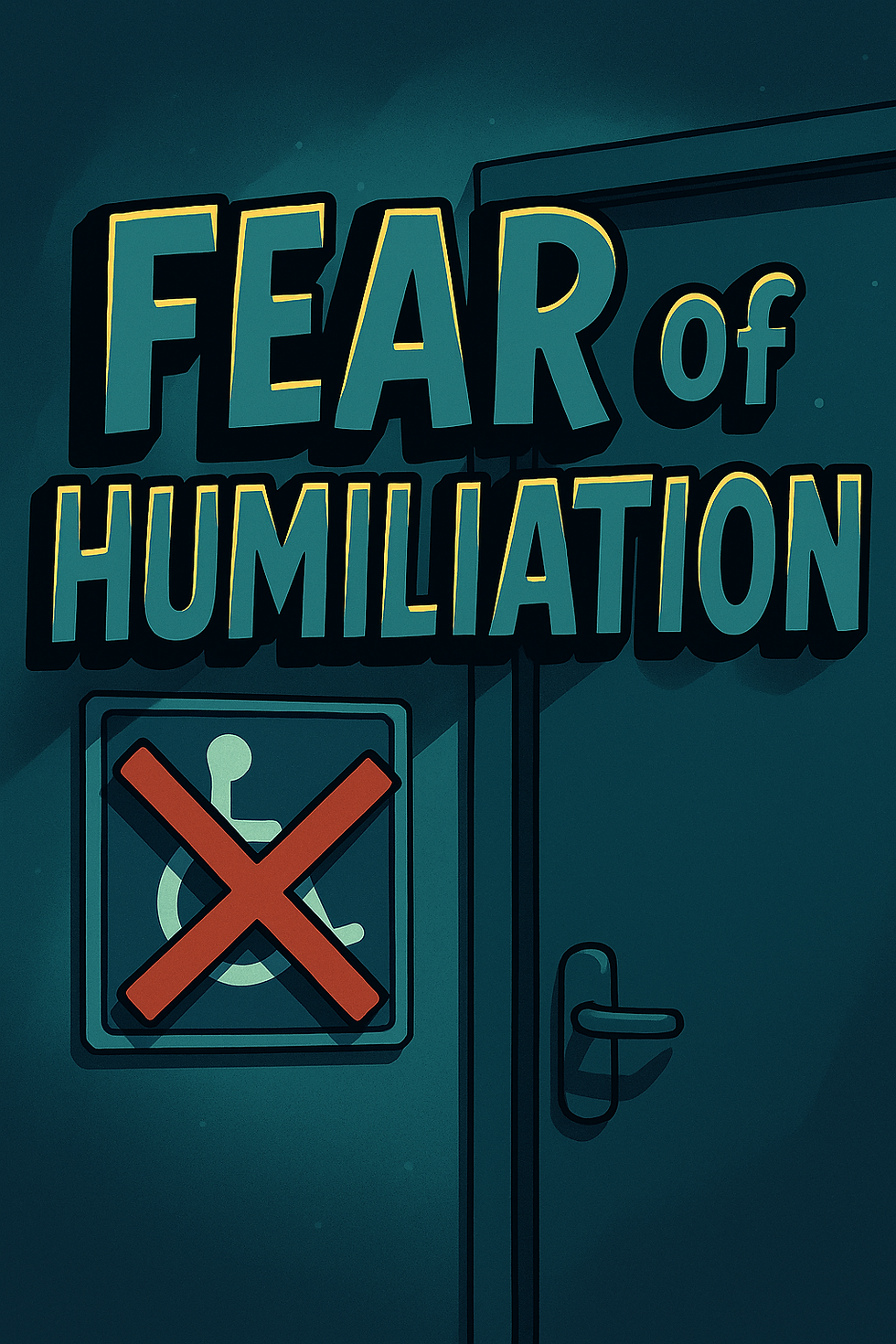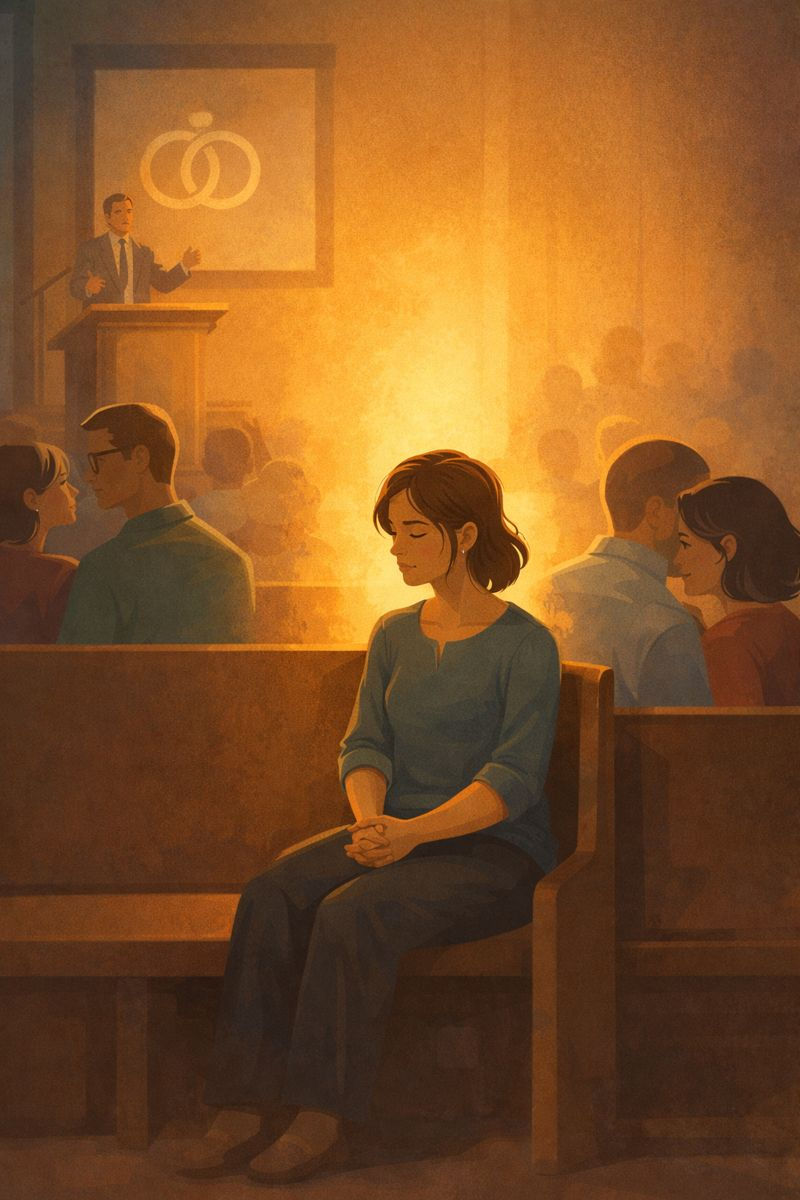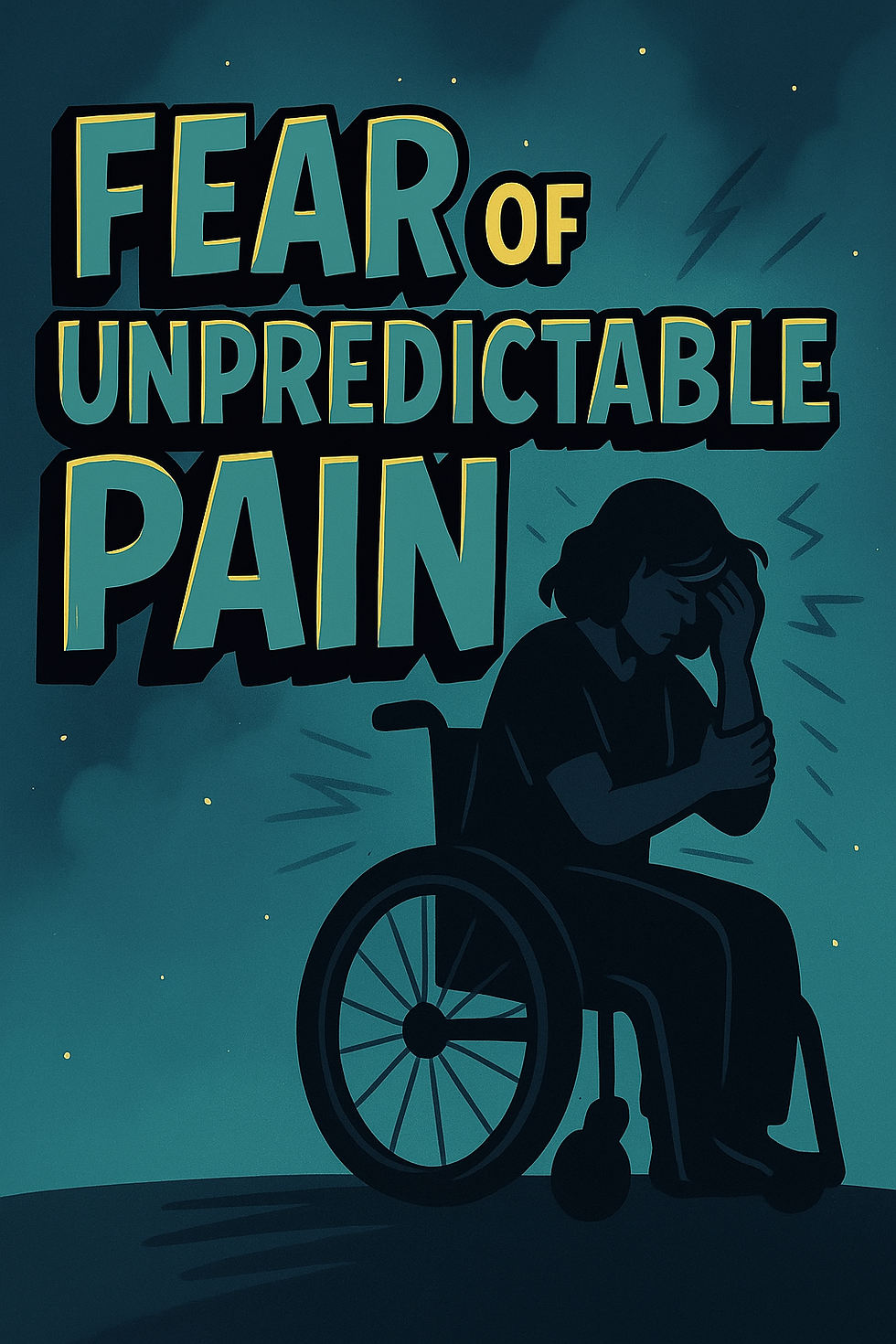Fear of Humiliation With Disability: When Humiliation Meets the Cross
- Alicia Reagan

- Nov 25, 2025
- 3 min read

There is a fear I carry with me everywhere I go, and it is one most people never consider. It is the fear of a bladder or bowel accident in public. People often imagine paralysis as one single hardship, but this fear is the one that quietly shapes my daily life.
It touches something deeper than inconvenience.
It touches dignity.
When your body cannot control the most basic functions of living, you live with a constant awareness that you may be exposed without warning.
You enter public spaces with watchfulness.
You take mental notes about restrooms, privacy, timing, and distance.
You hope your body stays calm.
You brace for anything unexpected.
Others move freely. You move with caution, preparation, and prayer.
And when an accident happens, it does not feel small. It feels like a stripping of dignity. It feels like something precious has been taken from you. It reaches into the place where you long to be respected and seen as whole.
Humiliation creates a very particular kind of pain.
It does not remain on the outside.
It reaches the heart.
And once the moment passes, once the cleanup is done and the crisis is quiet, the emotional weight settles in.
The anger.
The tears.
The grief.
The frustration at a body that does not cooperate.
The temptation to sink into a spiral of self-focus and self-pity.
That spiral is familiar.
And it is powerful.
If I allow my thoughts to run without truth, humiliation becomes a doorway into despair. Everything becomes centered around me and the unfairness of my situation. My thoughts grow heavy and isolating. The moment grows larger than it deserves, and my heart grows smaller than it needs to be.
This is where I have to interrupt myself with truth. Not harshly. Not by pretending the moment was easy. But by remembering something greater than my emotional reaction.
Humiliation is not the end of any story that belongs to Christ.
There is a passage I return to often. Paul writes that Jesus humbled Himself, even unto death on the cross. He did not cling to dignity. He laid it aside willingly. The humiliation of the cross was not accidental and not unwanted. It was chosen out of love.
When I remember that, something shifts inside me.
My suffering does not disappear. But it is no longer the whole picture.
Christ entered deeper humiliation than I will ever know. He was exposed, mocked, rejected, and displayed before the world without honor. He endured shame so that shame would never have the authority to define me.
When I place my humiliations in the shadow of His, they lose the power to control me. They do not lose their difficulty, but they lose their dominance.
And in those low, embarrassing, very human moments, a strange gift appears. A chance to know Christ in a way I never would have known Him if my body worked the way I wish it did. Scripture calls this the fellowship of His suffering. Not because my suffering is equal to His, but because He is kind enough to step into mine.
Christ does not wait for my dignified moments. He meets me in my lowest ones.
So yes, the accident is still hard. The embarrassment still stings. But shame cannot take root when I remember who bore shame for me. My dignity is not restored by my body. It is restored by the One who carried my griefs and bore my sorrows.
Humiliation does not define me. Christ does.
And He has never turned away from me in my most human moments.
Read the Fear Series Here:



Comments